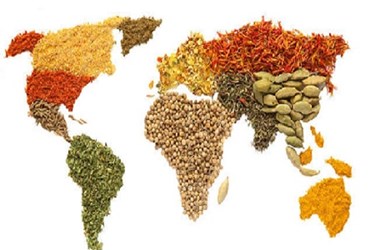Food Traceability: Going Beyond The When And Where Of Supply Chains
By Melissa Lind, contributing writer

A June 2014 publication from the United Nations regarding traceability of food goes beyond the where and when of food production. It supplements this idea by digging further to include concerns about the ability to verify the reliability of claims in the areas of human rights, labor, the environment, and anti-corruption.
Traceability plays a big part in ensuring safety of the food supply. The U.S. is largely focused on where and when food was harvested, manufactured, stored, and shipped. Producers, processors, and manufacturers have been mandated by increasing-regulatory involvement to ensure that visibility of the supply chain and adequate tracking measures are enacted. As the world continues its march toward global sourcing of food products, traceability is vital for continued public safety, but it is also important in achieving goals of human rights.
As addressed in A Guide to Traceability, The U.N. has been outspoken on the issues of human rights, governmental corruption, and environmental conditions. Meanwhile, the U.S. has become aware of conditions in other areas and the effects of varying methods of food harvest and production. There are certainly benefits in complete visibility and tracking from a regulatory standpoint, as well as in the ability to enact a speedy, efficient recall in the case of a food-safety event. But, public opinion also has an impact on product perception in terms of compliance with global concerns not specifically related to food safety.
Adherence to traceability guidelines — including issues such as conditions of harvesters, food fraud, and sustainability measures — appear to be an upcoming global requirement. There are traceability regulations in the U.S. that are not specific to the food industry with regard to sustainability chains under the Dodd-Frank and Lacey Acts. For a number of years, these regulations have largely been overlooked, but companies are now facing lawsuits regarding violation of sustainability claim requirements.
Even if a company is based in the U.S. and all its customers are domestic, it is unlikely that its complete supply chain lies within the country. Organization for Economic Co-operation and Development (OECD) guidelines regarding due diligence in the supply chain will likely begin to affect U.S. food-making businesses, particularly if the U.S. begins to demand the same attention to the “how” of food sourcing as regions such as EU nations have.
Statements about sustainability and responsible harvesting, humane treatment of animals, and social benefits of products can be a selling point. In order to take advantage of those benefits and adhere to the law, becoming familiar with the particulars of your company’s unique supply is essential.
